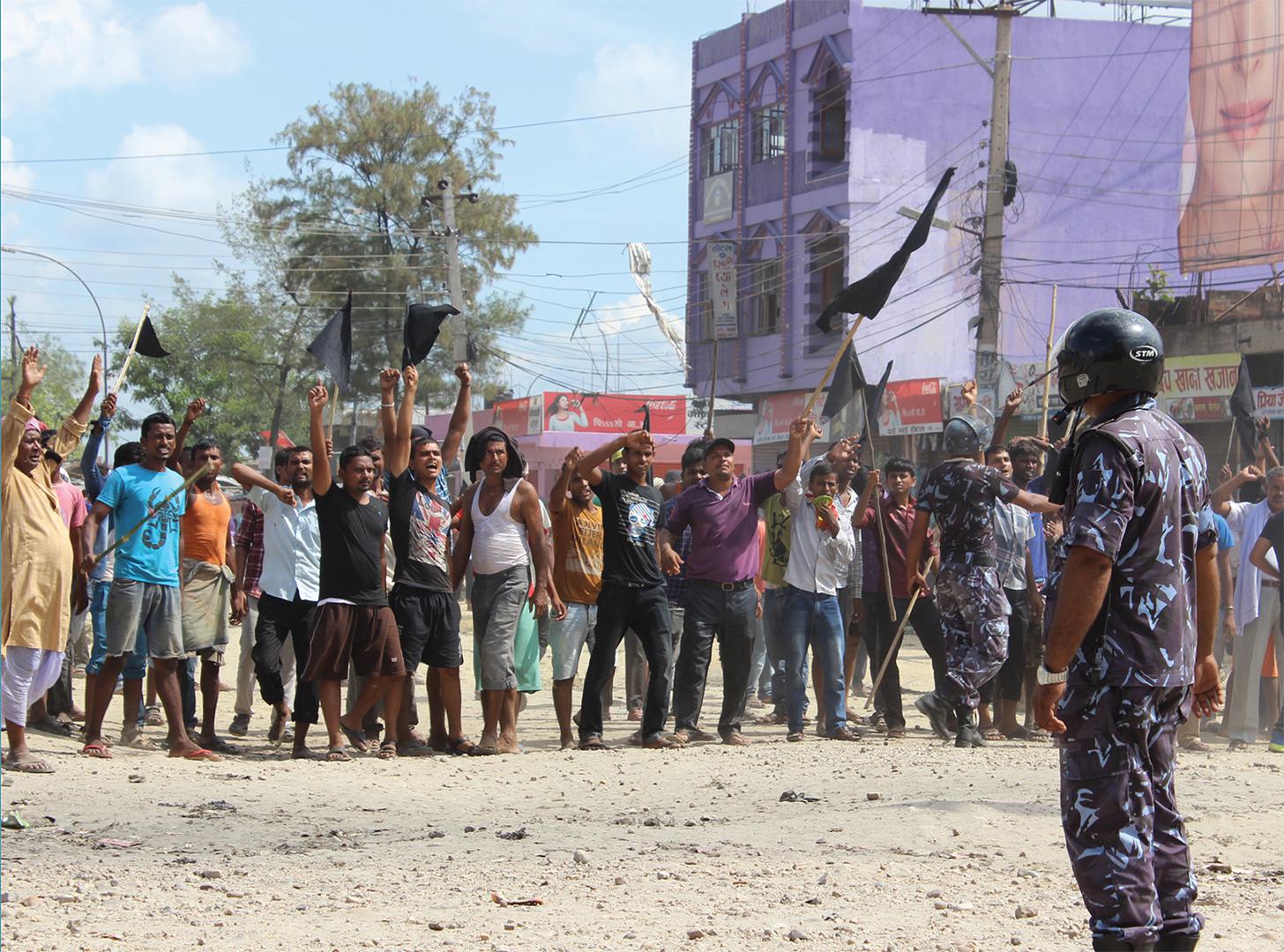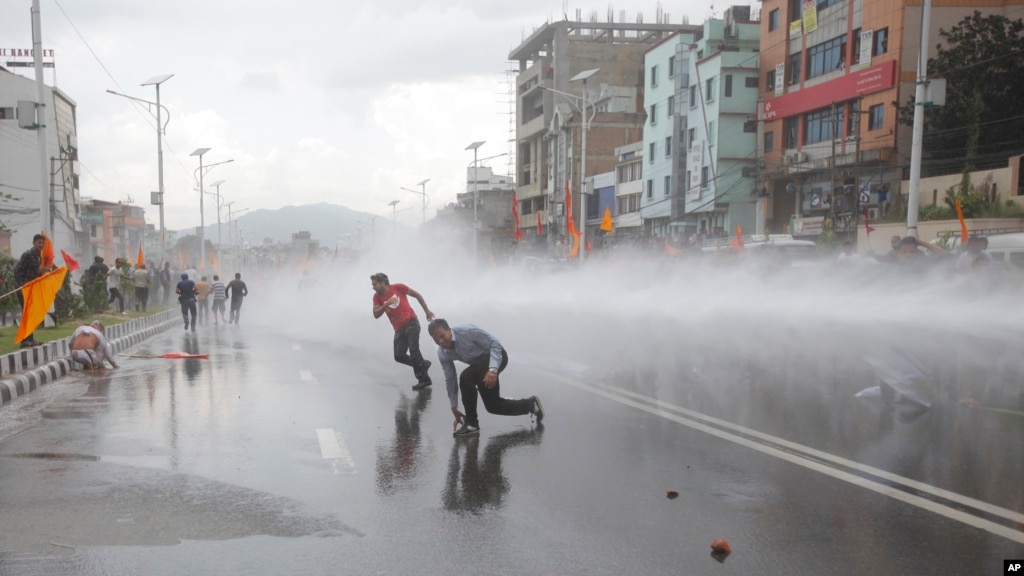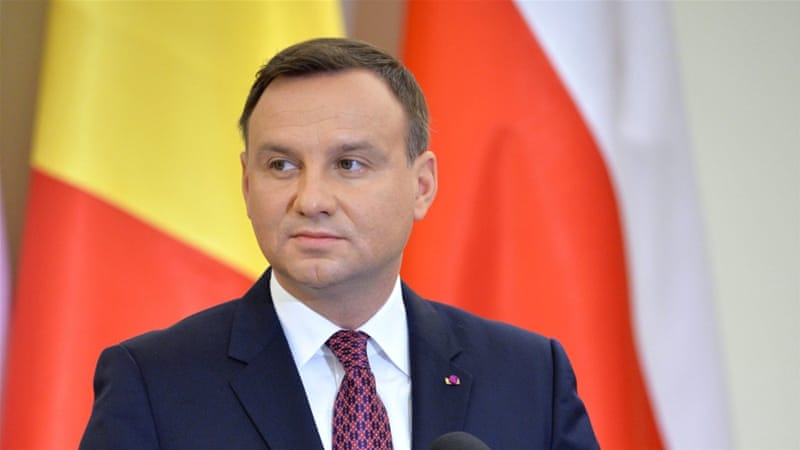By Samuel Miller
Impunity Watch Reporter, North America and Oceania
COLUMBUS, OHIO, United States of America — Ohio has announced it is delaying executions until 2017 at the earliest as the state struggles to acquire the drugs used in lethal injections. The postponement of capital punishment means 12 death row inmates who were scheduled to die in 2016 are being given a temporary reprieve.

Executions in the state have already been postponed for almost two years due to drug shortages.
In an agency press release Monday, the Ohio Department of Rehabilitation and Corrections detailed the justification for the decision:
“The Department of Rehabilitation and Correction continues to seek all legal means to obtain the drugs necessary to carry out court ordered executions, but over the past few years it has become exceedingly difficult to secure those drugs because of severe supply and distribution restrictions.”
Ohio, like many states, has been forced to find new drugs after European-based manufacturers banned US prisons from using their products in executions on moral and legal grounds.
The DRC said it needed extra time to buy supplies of sodium thiopental and pentobarbital from overseas, or from small-scale drug manufacturers called compounding pharmacies. Ohio said in January that sodium thiopental and pentobarbital will be the only drugs used in its lethal injection cocktail.
State officials obtained an import license from the US Drug Enforcement Administration to buy drugs from overseas. However, they were subsequently warned by the Food and Drug Administration that if they did so, they would be violating a federal law barring the importation of lethal injection drugs unless the purchase had been explicitly approved by the FDA.
Ohio lawmakers even passed an execution secrecy law designed to encourage compounding pharmacies to make lethal injection drugs, but the American Pharmacists Association has been reluctant to approve the manufacture and sale of such drugs.
Franklin County Prosecutor Ron O’Brien said Ohio could speed up its executions by changing its method of execution. The state could use the electric chair, hanging, or even a firing squad, but these changes would require state lawmakers to pass a bill and the governor would need to sign it.
The state has been postponing all planned executions since the administration of a faulty lethal injection caused a death row inmate to suffer in agony for 25 minutes before dying. In January 2014, Ohio executed Dennis McGuire with an untested lethal injection containing the controversial sedative midazolam, which malfunctioned and led to an outcry from concerned citizens and lawmakers.
The next execution in the state is currently set for January 2017.
For more information, please see:
BBC News — Ohio puts executions on hold due to drug shortage – 20 October 2015
Columbus Dispatch — Ohio to delay executions until 2017 – 20 October 2015
Free Press Journal — US state postpones executions over lack of lethal drugs – 20 October 2015
NBC — Lack of execution drugs means delay for inmates on death row – 20 October 2015
RT — Ohio delays executions until 2017 over drug shortage – 20 October 2015
Sky News — Ohio Delays All Executions To 2017 Over Drugs – 20 October 2015


